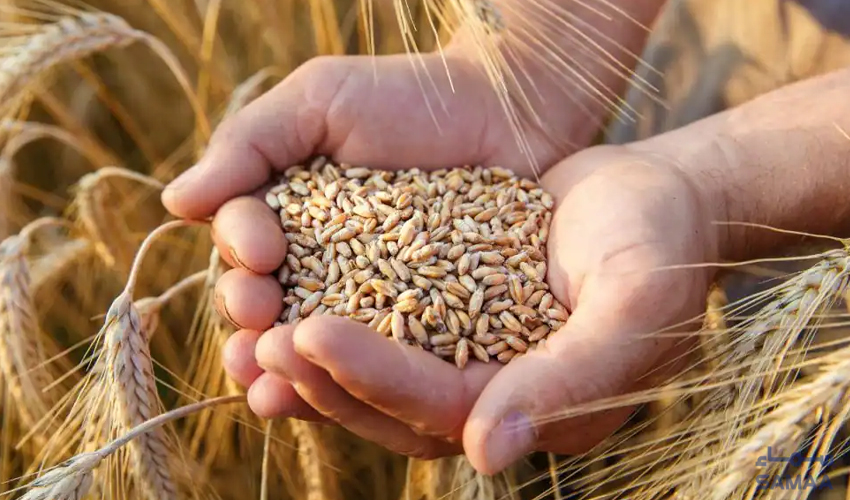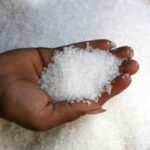About Us
Contact Us
Advertise With Us
Disclaimer
Privacy Policy
Terms & Conditions
Copyright © 2024 - BoldDiscussions.com

Pakistan, a country known for its fertile lands, recently spent a cool $1 billion on wheat imports over the past nine months. This might sound surprising, but there's more to the story than meets the eye. Let's dive into the details and see how Pakistan is working towards growing enough wheat to feed its people.
Wheat Woes: The Gap Between Growing and Gobbling
While Pakistan produces a whopping 27 million tons of wheat every year, it's simply not enough to feed everyone. The country needs a total of 31 million tons to keep everyone's plates full. That means there's a gap of about 4 million tons. To bridge this gap, the government decided to import 3.4 million tons of wheat. Think of it like buying extra groceries when you realize you're running low at home.
Importing Wheat: A Necessary Bite, But is it the Best Bite?
Importing wheat definitely helps keep hunger at bay, but it's not the perfect solution. Some reports suggest that the government might not be getting the best deals on these imports. Imagine paying a bit more than you usually do for your groceries – that's what some people are worried about with these wheat purchases.
Growing Our Own Wheat: A Sustainable Feast
The ideal scenario, as most would agree, is for Pakistan to grow enough wheat for itself. This would mean less reliance on imports and more control over food security. To achieve this, there are a few things that can be done:
The Road Ahead: A Wheat-Filled Future
By focusing on these areas, Pakistan can become more self-sufficient in wheat production. This will not only save money but also ensure a steady supply of this crucial food source for its citizens. Imagine a future where Pakistan is known not just for its delicious food, but also for its ability to grow enough to feed everyone!
Disclaimer.
This article provides information only and should not be construed as advice. It is provided without warranty of any kind. Also please note that content on this platform may be subject to copyrighted material. If you believe we have used your content in any way then please get in touch with us. We will take down your content immediately.
Share This Post





BOLDDISCUSSIONS
We Produce Content That informs, Educates And Entertains People Around The World to stay updated on every topic with confidence.
Copyright © 2024 – BoldDiscussions.com

